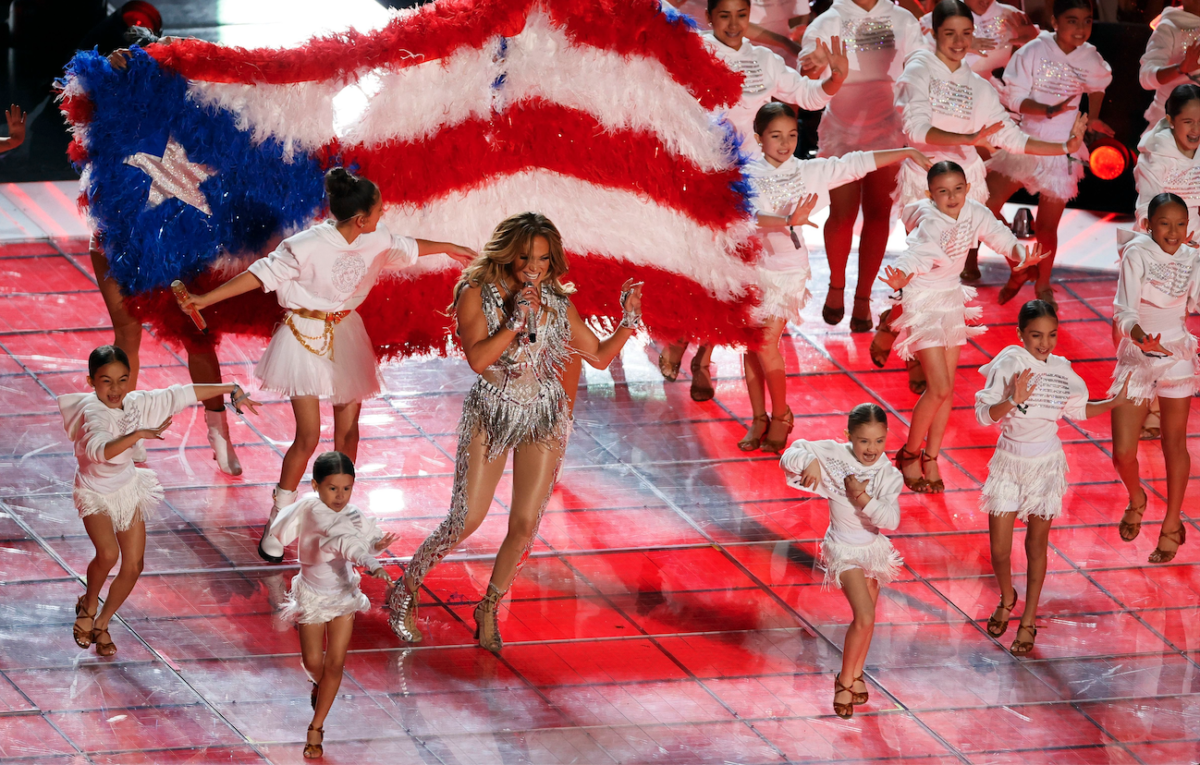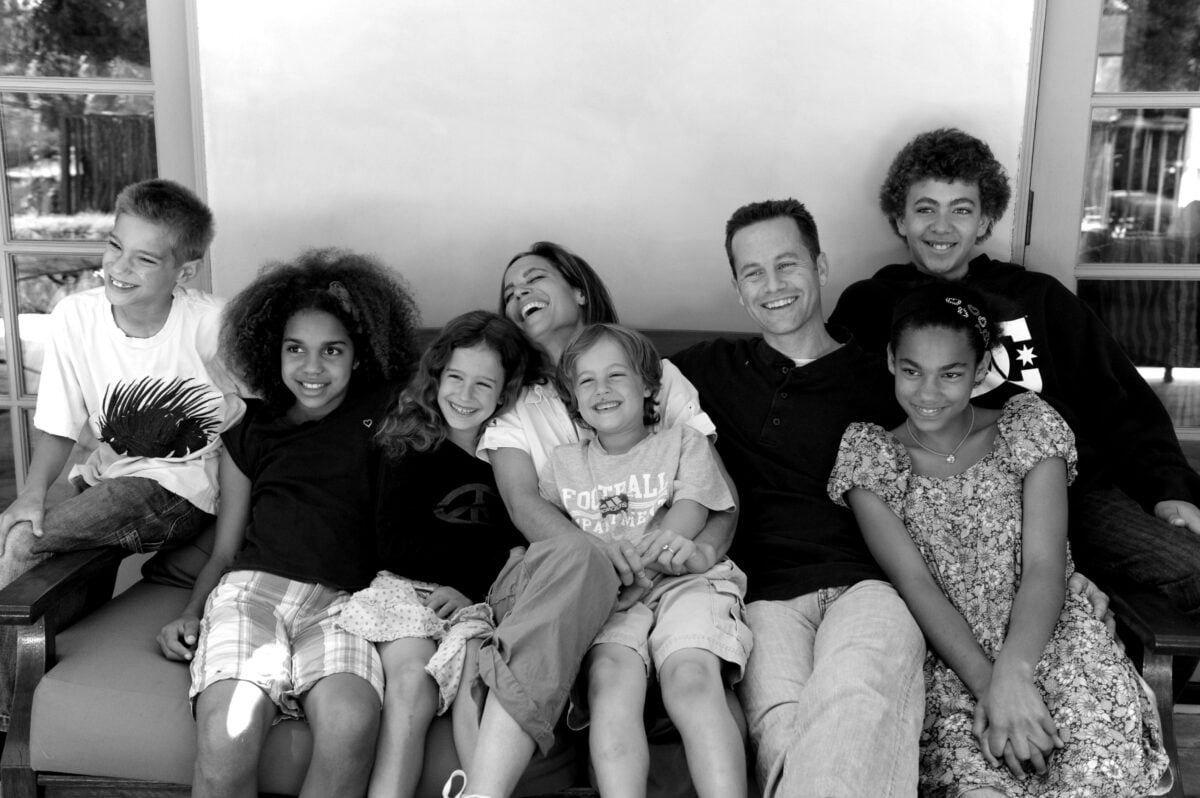Pressure to abort increases when women are objectified and victimized
By Brittany Smith
On Sunday night Kansas City Chiefs quarterback, Patrick Mahomes, led his team to a 31-20 victory in Super Bowl LIV. He also made history for his strong performance on the field as the youngest quarterback to win the Super Bowl MVP.
But his win, and the Chiefs’ win, were overshadowed by another performance — the Super Bowl Half Time Show.
Pop stars Jennifer Lopez and Shakira headlined the concert with high-energy dance moves and guest appearances from fellow Latin artists Bad Bunny and J Balvin.
One of the most controversial features of the show, and one that’s garnering more press coverage than the game itself, is J Lo’s pole dancing moment.
Some, like Ellen Johnson from Paste magazine, saw the show as a celebration of female empowerment and Latin culture.
She writes, “Shakira, J-Lo and their entire crew of talented dancers radiated joy throughout the entire performance. To behold these independently successful female performers look so happy and strong while playing to a stadium of 100,000 football fans is radical in itself.”
But others, like John Stonestreet of The Colson Center saw it as another step towards sexualizing American culture.
On the weekly podcast Breakpoint, Stonestreet said, “Just as with Beyonce back in 2013, there will be progressive voices, even so-called Christian ones, that will celebrate Sunday’s performance as ‘empowering women and Latinas’ (particularly the child-in-cages part). But using sexuality for power is a triumph for men, not for women, and certainly not for children—it only leads to their objectification and victimization.”
Spike in Sex Trafficking During the Super Bowl
Many said an overt display of sexuality was especially inappropriate on Super Bowl Sunday, a day the victimization of women and sex-trafficking tend to spike each year.
“Sex trafficking is a 365-day-a-year event and a $32 billion business in the United States,” Kathy Andersen, the executive director of the anti-trafficking group, Miami-Dade Women’s Fund told the Miami Herald. “Traffickers use major events to build their trafficking business, but without demand, there is no business, so we need to not only stop traffickers but also we need to address issues of demand.”
Victimization and Pressure to Abort
The victimization of women has consequences within the abortion industry as well. Men who see women as objects tend to try to assert control over them — many even pressuring women to abort.
A study from the Journal of American Physicians and Surgeons found that nearly three-quarters (73.8 percent) of women who had had an abortion admitted they experienced at least subtle forms of pressure to end their pregnancies.
Nearly 30 percent said they were afraid that they would lose their partner if they failed to terminate their pregnancy.
“When we support a culture that sees women as objects, we open them up to a world of harm, victimization and pressure,” said Diane Ferraro, Chief Communications Officer for the pro-life organization Save the Storks. “When women get the help and resources they need, they can be empowered to not only make a decision for life, but to take ownership over their own lives. Whether you loved the show or hated it, I think we can all agree that women should be protected.”
Save the Storks helps empower women every day by partnering with pregnancy resource centers that provide free resources like pregnancy tests, ultrasounds and counseling for women facing an unplanned pregnancy.
Watch Gabi’s story and Kendra’s story and see how their choices for life empowered their own lives.













